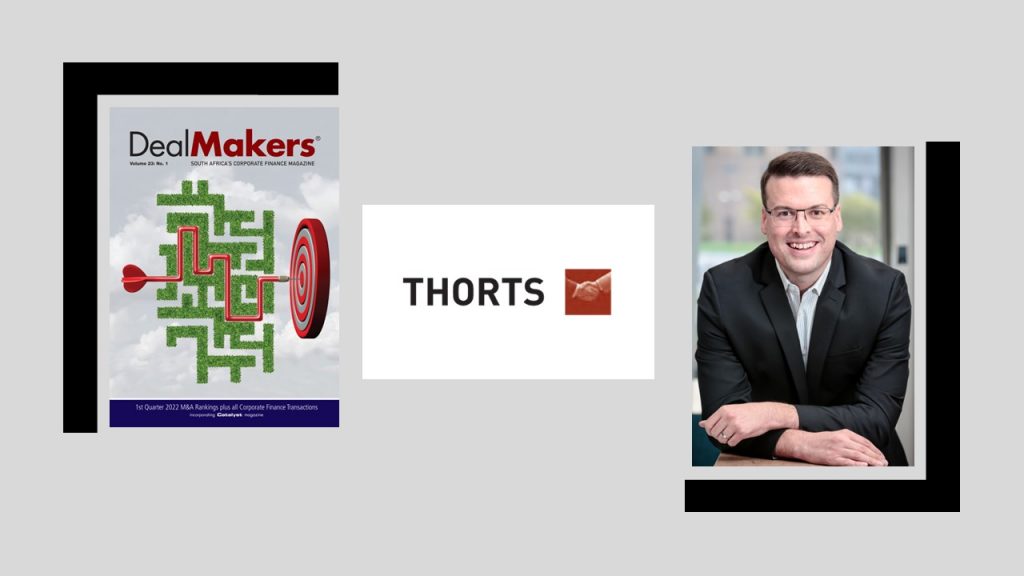Matthew Visser
When Russia invaded Ukraine on February 24th, it not only affected its Eastern European neighbours, but also created massive geopolitical ripple effects, causing global economic uncertainty to surface once again. The whole situation was further exacerbated by the Chinese government enforcing heavy lockdown measures in parts of its country.
The US is experiencing almost unprecedented rates of inflation due to the debasement of its currency and supply chain issues following the COVID-19 pandemic. The debasement of fiat currencies remains a huge source of nervousness for both institutional and retail investors, as countries are running large deficits, and the only way to make up the difference is by printing money (Quantitative Easing).
The US Federal Reserve is expected to increase interest rates seven times this year, which will, in theory, squeeze the capital markets (e.g. equities like tech stocks). However, with the current rate of inflation, investors will look to other assets to outgrow inflation. The question, therefore, is how do you diversify? In times of crisis, investors typically put their money in Gold and the USD, and into Bitcoin as of late.
While gold rose to a one-month high on April 18th – just shy of the US$2,000 an ounce level – on the back of rising fears around the Russia/Ukraine conflict, together with rising inflationary pressures, this was followed by a drop on the back of a benchmark 10 year U.S. Treasury yields and dollar gains, showing this to be a fickle market. The war in Ukraine, while appearing to favour the rise in crypto currencies, has also seen structural issues with credit, in many cases, drying up. Without this conflict, I think people would have been a lot more bullish about Bitcoin, and other crypto currencies in general, but it has yet to prove itself as a store of wealth or as a currency.
Impact on M&A Activity
Like similar historical events, the current crisis is temporary, affecting all industries. I feel that M&A activity will be vigorously revived and advisors will normalise company financial results in valuations, isolating the effect of the “temporary” disruption facilitating transactions at reasonable prices.
I expect the following industries to experience the most consolidation, disruption and change in the near future:
• Primary agriculture, including Agriprocessing and Agri-tech (as food security is increasingly becoming a cause for concern)
• Financial Services, including Fintech (as the value of fiat currencies continues to diminish and as the popularity of decentralised finance (“DEFI”) continues to grow)
• Energy, including Renewable Energy (as Europe is required to become less dependent on Russian oil and gas exports)
However, an accelerated wave of concentration is expected in most industries.
The first M&A transactions in a specific sector are usually made at higher multiples. Prices fall as concentration proceeds, as do the profits of those companies left out of the process. Because the appetite for buying will already be satiated at that stage, there will be fewer buyers, as size will no longer be a necessity for them. It is critical for business owners to move quickly, taking advantage of higher valuations during the first wave of accelerated concentration in the industries they operate in.
The driving forces behind this anticipated M&A activity are:
Private Equity
Globally, private capital fundraising remains at historically high levels. Private Equity funds have an urgency to invest this money, as they won’t be able to raise new capital until these funds are deployed. This will create a unique opportunity for business owners who appreciate the benefit of partnering with Private Equity funds and leading an industry consolidation.
Accelerated “de-risking” of investments
The recurrence of unexpected crises has forced many business owners to come to the realisation that it may be a wise decision to sell down some or all their shareholding in their businesses. Entrepreneurs tend to put cash generated by their business back into its operations to fund growth. As all the cash is tied up in their business, entrepreneurs have “all their eggs in one basket”. The risk of lack of diversification may have become intolerable for many entrepreneurs, especially those nearing retirement age.
Industry consolidation
Large established companies with strong balance sheets and cash reserves will be able to weather the current storm and emerge from the crisis leaner and more focused as a result. These companies will be in a position to acquire their weaker competitors and increase their market share. Many mid-sized companies lack the economies of scale of large businesses, and lack the flexibility of their smaller peers, making them attractive targets for their competitors.
Company restructures and optimisation
Companies are reviewing their internal organisational structures and will start divesting non-core units. Companies are actively making cost adjustments and optimising their capacities, learning to work more flexibly and efficiently, increasing their attractiveness for potential buyers. They are also looking at how they can maximise growth, for example, M&A, strategic positioning opportunities, and global expansion.
Acceptance and increased use of disruptive technology
Online education, e-commerce, virtual communication and telemedicine services have become more widely used, also making them attractive targets for acquisitions.
Favourable valuations for distressed companies
Many companies that operate in industries hardest hit won’t have access to adequate funding to continue trading when demand for their goods and services returns to normal. Buying opportunities will arise in distressed industries such as retail, hospitality, leisure and tourism.
In times of conflict, there are always windows of opportunity. Those brave enough to grasp these will be called fortunate, and others – outside the windows looking in – will be safe but stationary.
Matthew Visser is a Partner – Corporate Finance | PKF Octagon

This article first appeared in DealMakers, SA’s quarterly M&A publication
DealMakers is SA’s M&A publication
www.dealmakerssouthafrica.com



